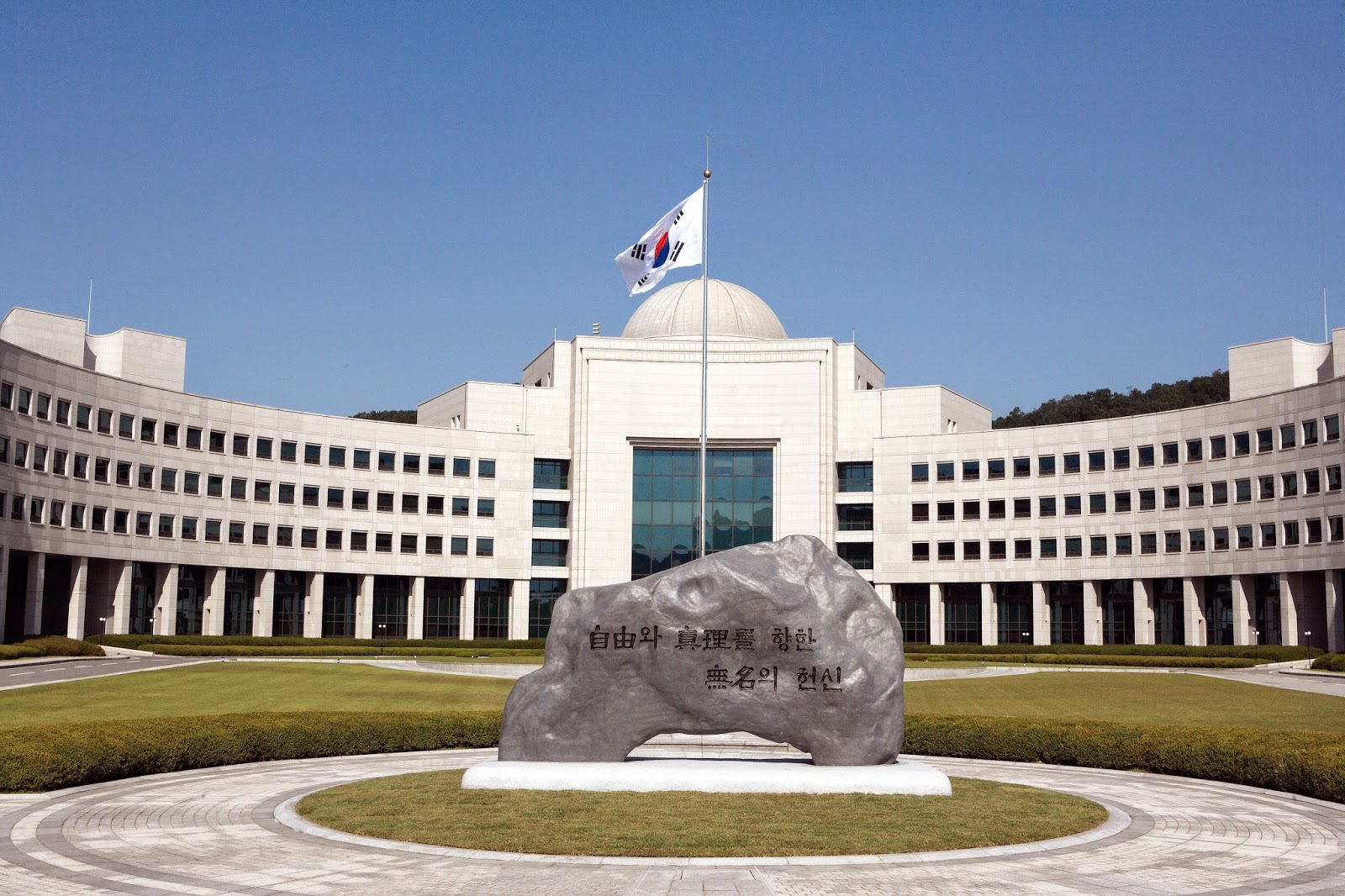As we all know in the theories of economies, there are many definition that you won’t find anywhere else, like; Industrial Policy, Zero Sum Game, Ect.. but among them, there’s one that really piqued my interest, The Invisible Hand.
So what is the Invisible Hand? Not it’s not the hand of a man who’s been engineered himself with the ability of a chameleon (obviously), the Invisible Hand in economics theories, is a metaphor created by by Adam Smith in his book “The Theory of Moral Sentiment” (1759), to describe the self-regulating behavior of the marketplace.
“Individuals can make profit, and maximize it without the need for government intervention. individuals' efforts to maximize their own gains in a free market may benefit society, even if the ambitious have no benevolent intentions.”
The Invisible Hand itself is only a theoretical concept, but many economist try to interpreted it even further. For example, the noble prize winner, Milton Friedman says that The Invisible Hand are the possibilities of cooperation without coercion, meaning that if the buyer are free to buy what he wants, and the seller are free to sell what he want with the means to produce it, the market price will be great for everybody.
Beside Milton Friedman, there are many economist that also interpreted The Invisible Hand beyond it’s original concept D. H. MacGregor and Stephen Marglin. And there’s also also those that criticizes this concept. Like Joseph E. Stiglitz who said, as to my understanding, that the Invisible Hand is Invisible because it almost never was there, in other word, there’s no such thing as an Invisible Hand, because the market without the help from the goverment, cannot function as much as it should.
“Whenever there are "externalities"—where the actions of an individual have impacts on others for which they do not pay, or for which they are not compensated—markets will not work well.“
So now we know at least a little bit about The Invisible Hand, and the people that support and criticizes this concept. And now to leave you guys with a little quote I heard in class, because that’s always the best way to end things.
“The Invisible Hand is usually paired with a Bloody Hand, in fact, the usually came from the same conductor”
Achmad Rizky Aditya 1701357733
Sources are various (really sorry about that)



